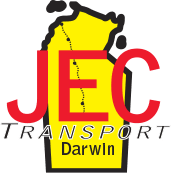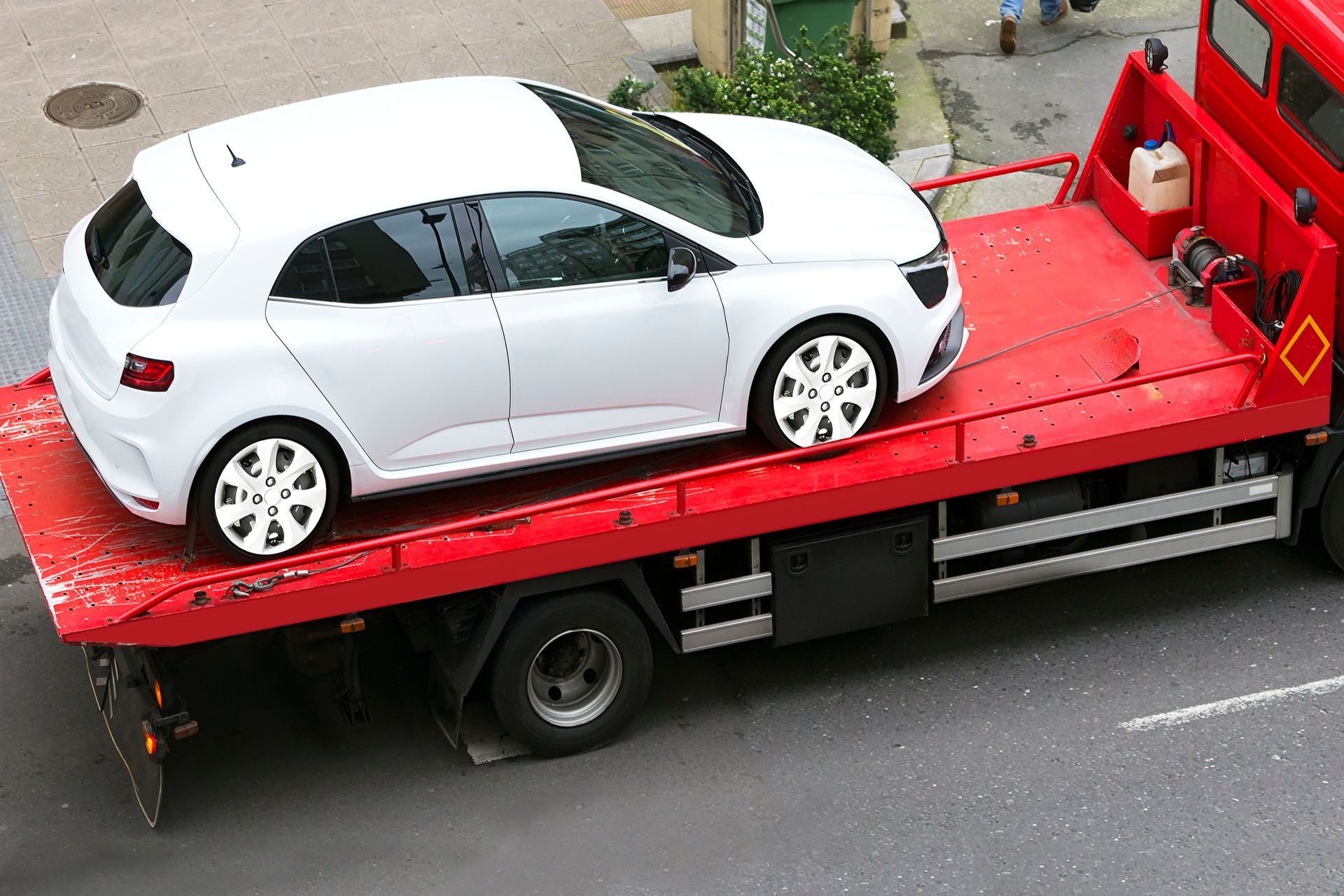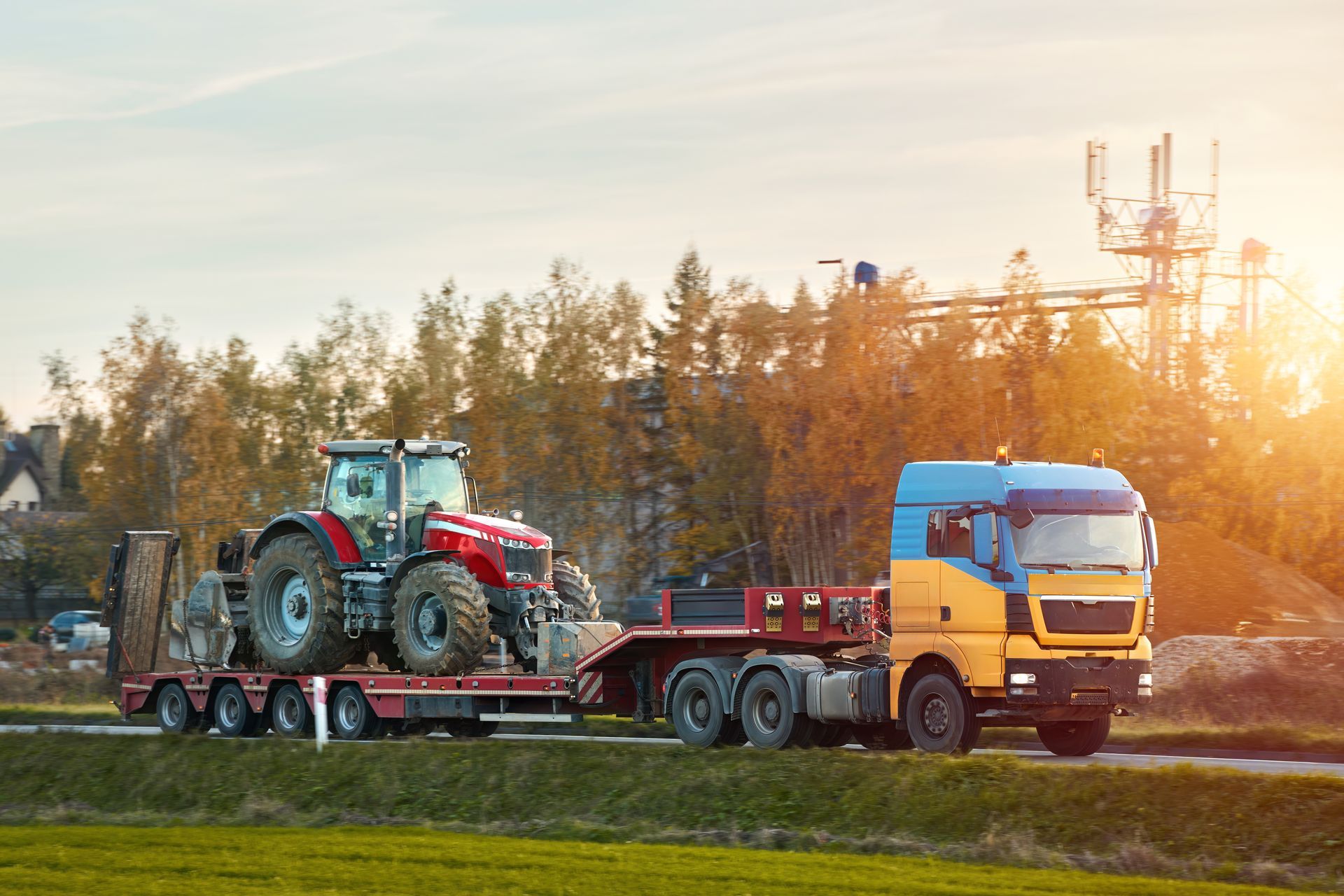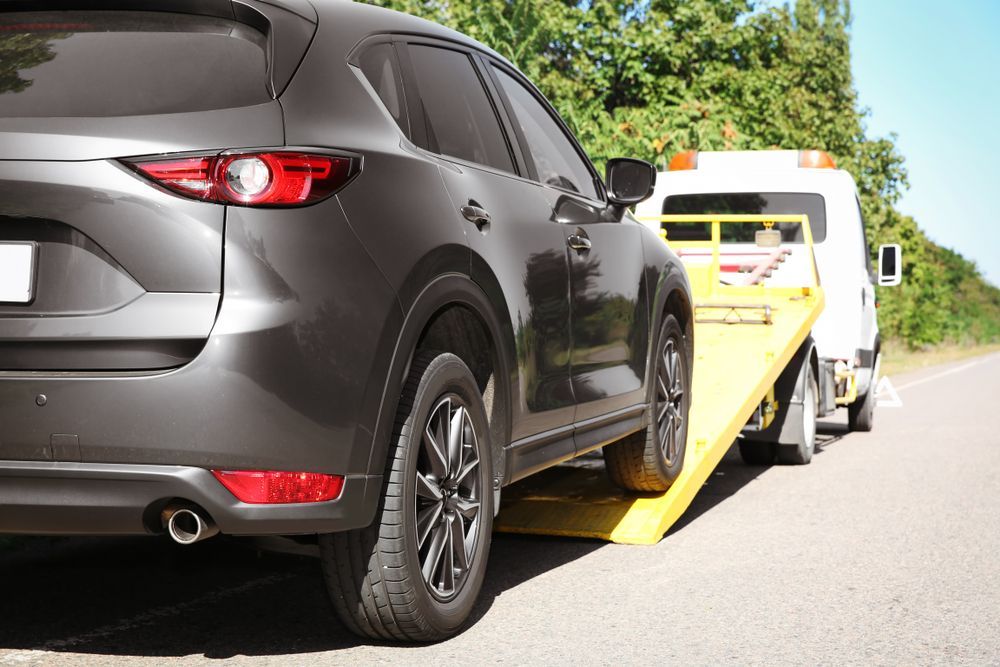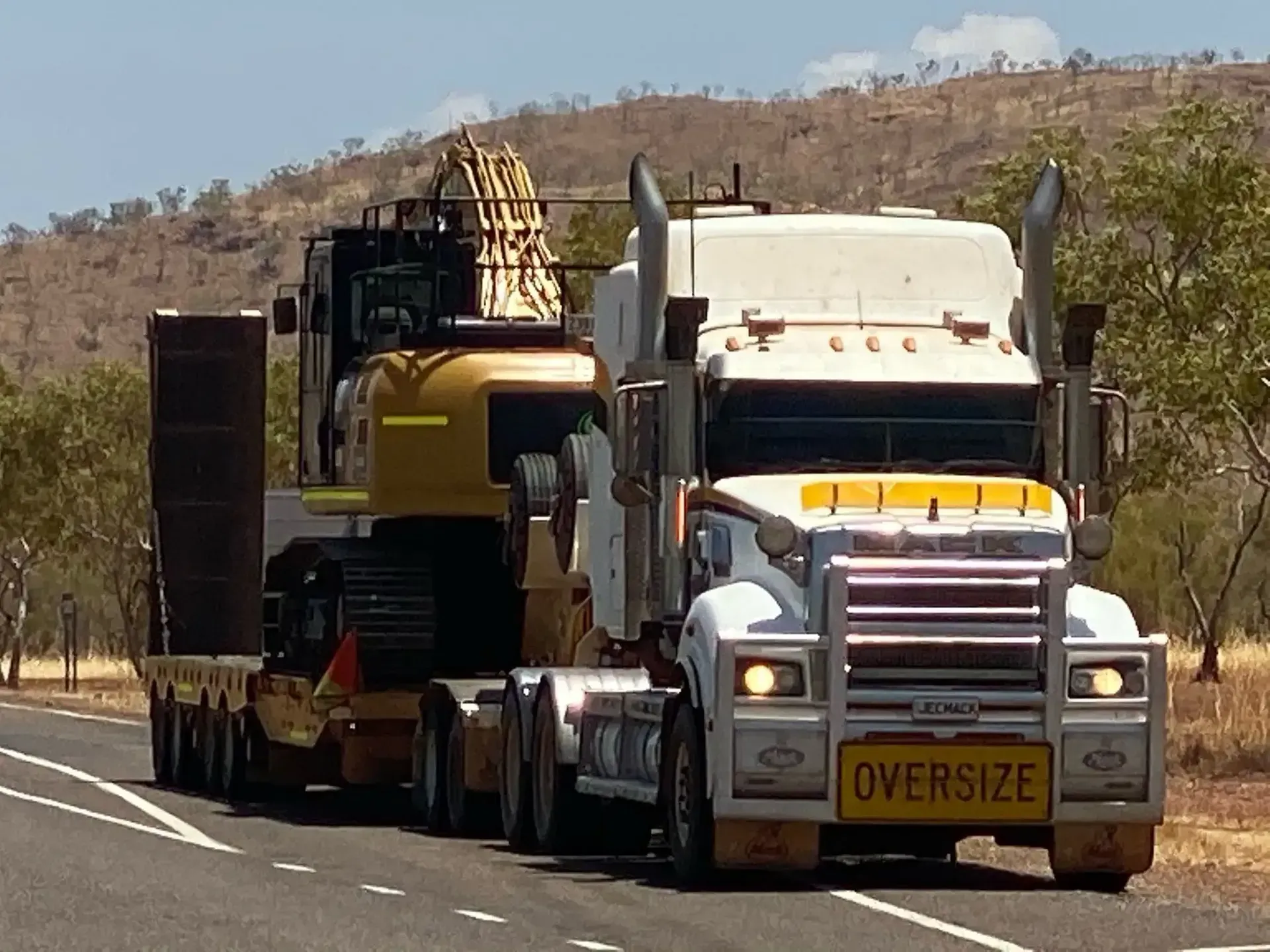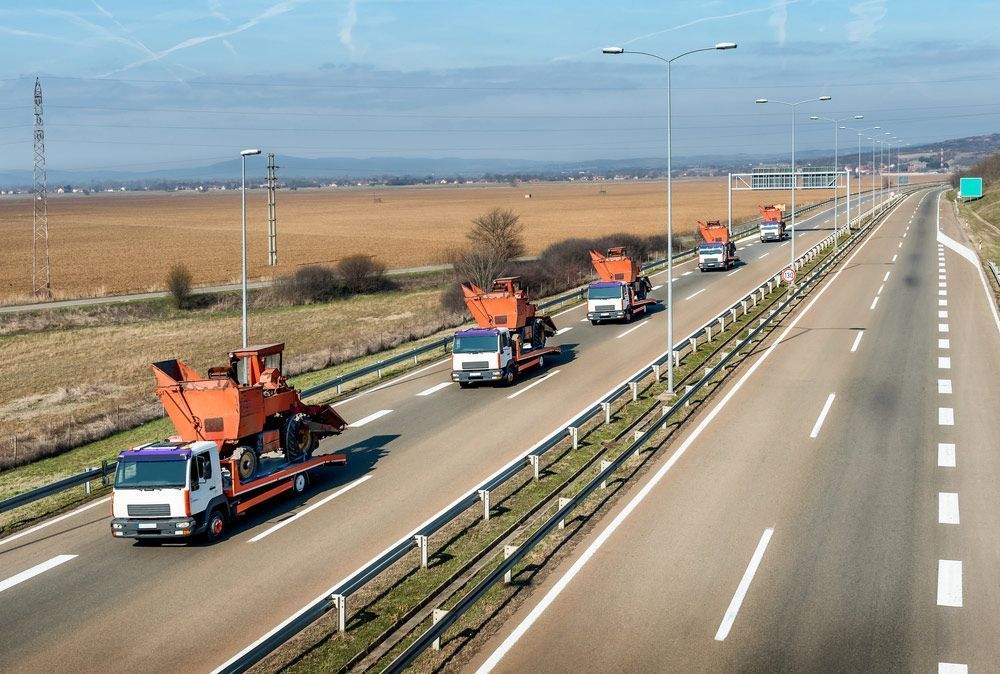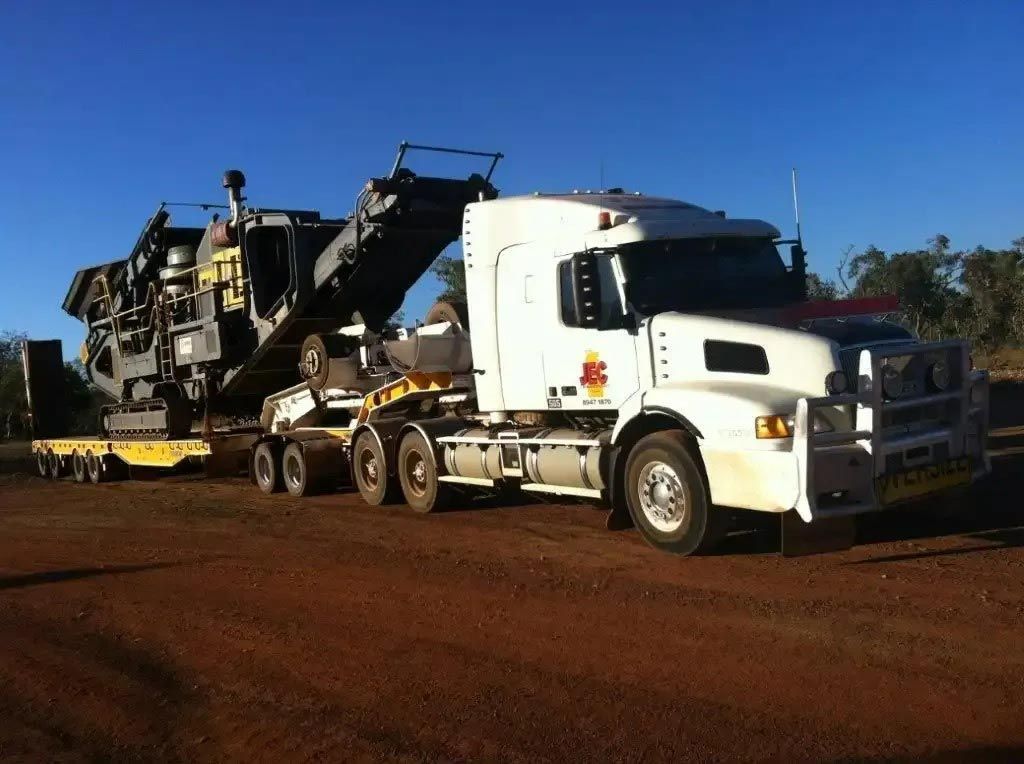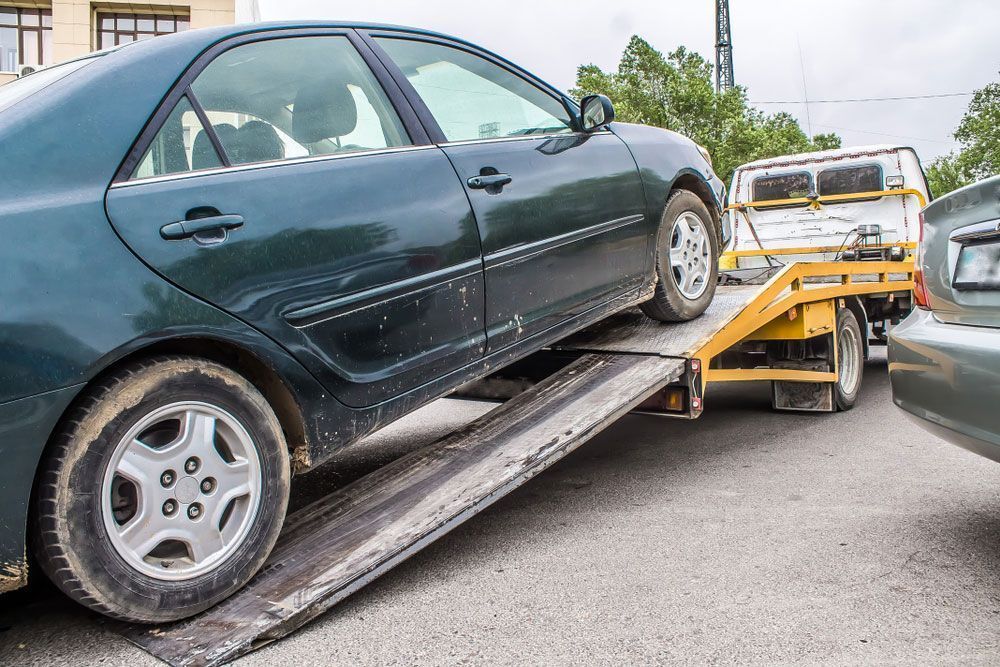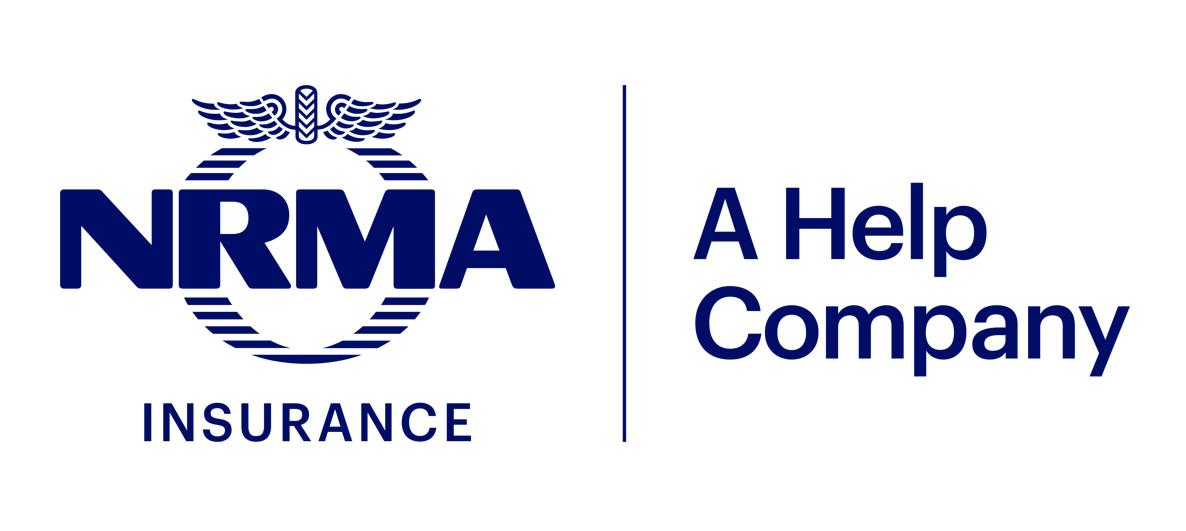How to Choose the Right Heavy Haulage Provider for Your Business
Transporting oversized or heavy freight involves far more than simply booking a truck. For logistics coordinators, fleet managers and businesses relying on specialised transport, selecting the right heavy haulage provider is critical to ensuring safe, efficient and compliant delivery. The risks of delays, fines, equipment damage and operational downtime are significant when dealing with complex freight, so choosing a partner who understands the intricacies of heavy haulage in darwin is essential. This blog post highlights the key factors to consider when evaluating potential providers.
Understand Your Load Requirements Before Choosing a Provider
Before engaging a heavy haulage provider, you must thoroughly understand what you’re transporting. Each load presents unique challenges that affect transport requirements, equipment selection and regulatory compliance.
Start by assessing:
- The total weight of the load, including any attachments or packaging
- Overall dimensions such as length, height and width
- The nature of the cargo, whether it’s fragile, hazardous, or requires specialised handling
- Whether the freight qualifies as oversized, overmassive, or indivisible
By providing detailed load specifications to your provider, you ensure they allocate the correct equipment and resources. This level of planning helps prevent delays, reduces the chance of breaches and guarantees your freight is handled appropriately.
Verify the Fleet Capability Matches Your Transport Needs
The capacity and versatility of a heavy haulage provider’s fleet are vital to ensuring they can handle your specific freight requirements. Not all providers have the necessary equipment to move certain types of loads, especially when oversized or unusually shaped cargo is involved.
Look for a fleet that includes:
- Low loaders for transporting large machinery and heavy industrial equipment
- Extendable trailers for lengthy items that exceed standard trailer dimensions
- Drop deck trailers for loads requiring lower transport heights to clear bridges or powerlines
- Specialised towing equipment for plant relocations and breakdown recoveries
A provider with a diverse and well-maintained fleet can adapt to different freight types and job complexities without outsourcing or delaying operations.
Review Compliance with Safety Standards & Legal Regulations
Transporting heavy loads carries significant legal obligations under Australian heavy vehicle regulations. Ensuring your provider complies with all relevant laws reduces the risk of penalties and accidents while protecting your business.
Confirm that your provider:
- Holds current permits for oversized and overmass loads across all relevant jurisdictions
- Follows the National Heavy Vehicle Regulator (NHVR) standards, including Chain of Responsibility obligations
- Maintains rigorous vehicle maintenance records to ensure roadworthiness
- Employs properly licensed, trained drivers who understand fatigue management regulations
Proper compliance ensures that your freight moves legally and safely, protecting the load and public road users.
Consider Experience with Route Planning & Risk Management
Heavy haulage requires far more than following a standard route. Moving oversized freight involves detailed route assessments to navigate height restrictions, bridge limits, narrow roadways and difficult terrain.
A capable provider will:
- Conduct pre-transport route surveys to identify potential obstacles.
- Secure local council approvals where required.
- Develop contingency plans to address weather disruptions, road closures or traffic delays
- Coordinate with traffic management services to escort large or slow-moving vehicles when necessary
An experienced provider’s approach to route planning minimises the chance of costly hold-ups and keeps your freight moving safely and efficiently.
Evaluate the Provider’s Handling of Complex or Specialised Loads
Certain industries require heavy haulage providers with highly specialised capabilities. For example, the mining, construction, and industrial sectors often involve transporting plant equipment or machinery with unique loading, securing, and relocation requirements.
Ensure your provider can:
- Manage plant relocations, including disassembly and reassembly where necessary.
- Provide skilled operators for specialised loading, securing and unloading tasks.
- Utilise certified load restraint systems to prevent shifting or damage in transit.
- Offer recovery and towing services for breakdowns or stranded equipment.
Specialised knowledge ensures your cargo is transported securely, reducing the risk of damage or extended downtime.
Assess Communication & Customer Service Standards
Clear, consistent communication throughout the haulage process is essential for smooth project coordination. A reliable provider keeps you informed at every stage, allowing your business to make timely decisions.
Good providers will:
- Offer transparent pricing and detailed scopes of work before commencing jobs
- Provide real-time updates on transport progress, including delays or route changes
- Maintain open communication channels, with accessible staff available to address any questions or concerns
- Document all relevant permits, insurances and job details for your records
Effective communication streamlines logistics and fosters confidence that your freight is handled responsibly.
Check for Insurance Coverage & Liability Protection
Heavy haulage exposes your cargo to potential risks, making adequate insurance protection a vital consideration when choosing a provider.
The provider’s insurance policies should cover:
- Goods-in-transit to protect your cargo against loss or damage during transport
- Public liability in case of third-party property damage or personal injury
- Comprehensive cover for fleet and equipment used during operations
Request copies of insurance certificates and ensure policy limits are appropriate for the value of your cargo. Sufficient coverage protects both your business and the provider should an incident occur.
Factor in Local Knowledge & Regional Expertise
Heavy haulage providers with local expertise offer advantages beyond simply knowing the roads. Regional experience can result in smoother operations, fewer delays and better risk mitigation.
A local heavy haulage provider can:
- Secure permits and route approvals faster due to established relationships with local authorities.
- Anticipate seasonal weather issues that may affect transport schedules.
- Understand local road conditions, weight restrictions and access requirements.
- Coordinate effectively with regional escorts, pilot vehicles and support crews.
Local expertise is particularly valuable for businesses moving freight across remote or regional areas, where conditions vary significantly.
Book Our Heavy Haulage Services in Darwin Today
Choosing the right heavy haulage provider is a crucial decision that directly impacts your operational success, safety, and project timelines. By thoroughly evaluating providers based on load requirements, fleet capacity, compliance, route planning, insurance, communication, and local expertise, you place your freight in capable hands.
At
JEC Transport, we understand the complexities involved in heavy haulage. Our specialised fleet, technical expertise and commitment to safety ensure your cargo is moved securely and efficiently.
Contact us today to discuss your heavy haulage needs and schedule your next move.
